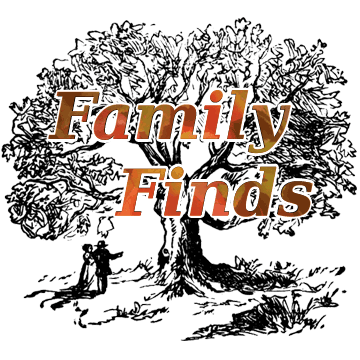
Ancestors at Worship
When I was a child I attended a Unitarian church with my parents. Sunday school included not only learning about Unitarianism but also about other religions. As a result, I am fascinated when I discover an ancestor who belonged to a church that is among the so-called radical reformers, of which Unitarianism is one. These are religious sects that believe the Protestant Reformation did not reform religious doctrine enough. Many of the early immigrants to America were members of these radical religious groups who came to escape persecution: Puritans, Huguenots, Quakers, Mennonites, Anabaptists, and others. But, even in Colonial America, sometimes there was religious intolerance. Some of my ancestors suffered for their choice of worship.
William Thorne 1616-1664
My 10th great-grandfather, William Thorne (1616-1646) was a party to a historically significant event involving the demand for religious freedom. Not specifically for himself, but for all members of the community. William was the son of a Dutch-English trader whose home was on the eastern shore of Maryland. [1] As a young man, in 1638, William went to Lynne, Massachusetts to be a merchant-trader. But, he soon left the Massachusetts Bay Colony, about 1640, in the company of religious nonconformists, including Lady Deborah Moody a well known Anabaptist. [2] This group went to New Netherland and took up land at Gravesend on the western tip of Long Island. Eventually, William Thorne and others founded the town of Flushing which is now a part of the borough of Queens. About 1656, members of the Society of Friends (Quakers) began to arrive in New Netherland from Europe and naturally fell-in with the Anabaptist’s living at Flushing. Soon, these Friends were holding Meetings in their homes and the Thorne family may have joined them.
New Netherland
The colony of New Netherland was conceived by the Dutch West India Company in 1621 to participate in the fur trade between North America and Europe. [3] The colony grew to incorporate other trade opportunities and by the 1650’s was a major port of call for traders in the North Atlantic. The Dutch did not focus on bringing settlers to New Netherland until around 1650. At that time, it is estimated, the population of the entire colony numbered about 15,000, the number at New Amsterdam (New York City) was less than 5000. The colony was administered by the Dutch government which dictated the form of religion as the Dutch Reformed Church. The chief administrator, called the Director-General, from 1647 onward, was a man named Peter Stuyvesant.
Detail from map of New Netherland ca. 1650 of western Long Island, Staten Island, Manhattan, and Connecticut on Long Island Sound. [4]
Flushing Remonstrance of 1657
During the tenure of Director-General Stuyvesant the colony experienced a great deal of growth, attracting merchants and settlers from a variety of countries, and not just European ones. Many of the new inhabitants were not interested in worshiping at the Dutch Reformed Church, although they were not necessarily non-conformist or radical. The Dutch Republic has a tradition, going back to 1579, of “freedom of conscience” but, in 1656, Stuyvesant banned all religious meetings that were not Dutch Reformed. Then began the arrests, imprisonment and even banishment’s of people for performing adult baptism’s and holding Quaker meetings. This is when thirty citizens, none of whom were Quakers, put their names to a letter sent to Stuyvesant demanding he cease persecution of the inhabitants on religious grounds. [5]
My ancestor, William Thorne, was one of the men who signed this letter. He was willing to suffer the consequences of openly defying the law as prescribed by the Director-General. [6] At least two of the signers were imprisoned and forced to recant prior to being released. Several others recanted, and/or paid fines, rather than go to prison. The letter, and the events surrounding it, provide me with some idea of the character of my seventeenth-century ancestor. He was open to the idea that religion is debatable, he had empathy for his neighbors, and he chose to live in an tolerant community.
Full Text of Flushing Remonstrance
Right Honorable
You have been pleased to send unto us a certain prohibition or command that we should not receive or entertain any of those people called Quakers because they are supposed to be, by some, seducers of the people. For our part we cannot condemn them in this case, neither can we stretch out our hands against them, for out of Christ God is a consuming fire, and it is a fearful thing to fall into the hands of the living God.
Wee desire therefore in this case not to judge least we be judged, neither to condemn least we be condemned, but rather let every man stand or fall to his own Master. Wee are bounde by the law to do good unto all men, especially to those of the household of faith. And though for the present we seem to be unsensible for the law and the Law giver, yet when death and the Law assault us, if wee have our advocate to seeke, who shall plead for us in this case of conscience betwixt God and our own souls; the powers of this world can neither attach us, neither excuse us, for if God justifye who can condemn and if God condemn there is none can justifye.
And for those jealousies and suspicions which some have of them, that they are destructive unto Magistracy and Ministerye, that cannot bee, for the Magistrate hath his sword in his hand and the Minister hath the sword in his hand, as witnesse those two great examples, which all Magistrates and Ministers are to follow, Moses and Christ, whom God raised up maintained and defended against all enemies both of flesh and spirit; and therefore that of God will stand, and that which is of man will come to nothing. And as the Lord hath taught Moses or the civil power to give an outward liberty in the state, by the law written in his heart designed for the good of all, and can truly judge who is good, who is evil, who is true and who is false, and can pass definitive sentence of life or death against that man which arises up against the fundamental law of the States General; soe he hath made his ministers a savor of life unto life and a savor of death unto death.
The law of love, peace and liberty in the states extending to Jews, Turks and Egyptians, as they are considered sons of Adam, which is the glory of the outward state of Holland, soe love, peace and liberty, extending to all in Christ Jesus, condemns hatred, war and bondage. And because our Saviour sayeth it is impossible but that offences will come, but woe unto him by whom they cometh, our desire is not to offend one of his little ones, in whatsoever form, name or title hee appears in, whether Presbyterian, Independent, Baptist or Quaker, but shall be glad to see anything of God in any of them, desiring to doe unto all men as we desire all men should doe unto us, which is the true law both of Church and State; for our Saviour sayeth this is the law and the prophets. Therefore if any of these said persons come in love unto us, we cannot in conscience lay violent hands upon them, but give them free egresse and regresse unto our Town, and houses, as God shall persuade our consciences, for we are bounde by the law of God and man to doe good unto all men and evil to noe man. And this is according to the patent and charter of our Towne, given unto us in the name of the States General, which we are not willing to infringe, and violate, but shall houlde to our patent and shall remaine, your humble subjects, the inhabitants of Vlishing.
Written this 27th of December in the year 1657, by mee. Edward Hart, Clericus
William Thorne was my double-10th great-grandfather. I descend from two of his grandchildren, one on my paternal side and one on my maternal side. William died in 1664 when he was just 48. He and his wife, Sarah Susannah Booth, had 5 children who probably have thousands of descendants alive today. I descend from their son John Thorne, 1643-1709, who went on to become a Quaker. Another of the signers of the Flushing Remonstrance is Nicholas Pearsall who is also my double-10th great-grandfather. His daughter Mary, 1643-1689, married John Thorne. Making Nicholas Pearsall the maternal grandfather to the same two grandchildren (as William Thorne) from whom I descend. It’s no wonder both my parents chose to worship among a covenant-oriented, creed-less, liberal congregation. [7]
Signers of the Flushing Remonstrance
Tobias Feake
Nathaniell Tue
The marke of William Noble
Nicholas Blackford
William Thorne, Seignior
The marke of Micah Tue
The marke of William Thorne, Jr.
The marke of Philip Ud
Edward Tarne
Robert Field, senior
John Store
Robert Field, junior
Nathaniel Hefferd
Nich Colas Parsell
Benjamin Hubbard
Michael Milner
The marke of William Pidgion
Henry Townsend
The marke of George Clere
George Wright
Elias Doughtie
John Foard
Antonie Feild
Henry Semtell
Richard Stocton
Edward Hart
Edward Griffine
John Mastine
John Townesend
Edward Farrington
Oaklandon, IN Unitarian Universalist Church
Conclusion
I enjoy discovering ancestors who chose to worship in radical-reformist or non-conformist ways. However, challenging the prescribed religious views of their political and community leaders had consequences. Loss of position, confiscation of property, fines, imprisonment, and being banished from the community, these are all punishments I have found among my ancestors for choosing to worship as their conscience dictated.
EPILOGUE
Sadly, the remonstrance letter did not immediately stop religious repression in New Netherland. Stuyvesant actually introduced a tax to fund the salary of a Dutch Reformed minister. As a result, a group of merchants took it upon themselves to write the Dutch West India Company urging them to instruct the Director-General to adopt a tolerant view of non-Dutch Reformed religions. The merchants told the company religious repression would reduce immigration and, ultimately, negatively impact the colony. The company soon instructed Stuyvesant to “allow every one to have his own belief as long as he behaved quietly and legally, gave no offense to his neighbors, and did not oppose the government.” Practical, mercantile needs took precedent over political or religious dictates.
SOURCES:
- Book, “History and Genealogy of the Pearsall family in England and America”, Vol. III, Chapter 53, page 1478, by Pearsall, Clarence E., San Francisco: H.S. Crocker, 1928. [database on-line]. Accessed on Ancestry.
- Entry for Deborah Moody, Webpage, Wikipedia, https://en.wikipedia.org/wiki/Deborah_Moody
- Entry for New Netherland, Webpage, Wikipedia, https://en.wikipedia.org/wiki/New_Netherland
- File: Map-Novi Belgii Novæque Angliæ (Amsterdam, 1685).jpg, From Wikimedia Commons, the free media repositor, This image is in the public domain and also available from the Library of Congress.
- Entry for Flushing Remonstrance, Webpage, Wikipedia, https://en.wikipedia.org/wiki/Flushing_Remonstrance
- Webpage, William Thorne, John Coutant Thorn’s Home Page, http://thornfamily.net/thorn/thornlineage/WilliamThorne1.htm
- Entry for Unitarianism, Webpage, Wikipedia, https://en.wikipedia.org/wiki/Unitarianism
3 Comments
Submit a Comment


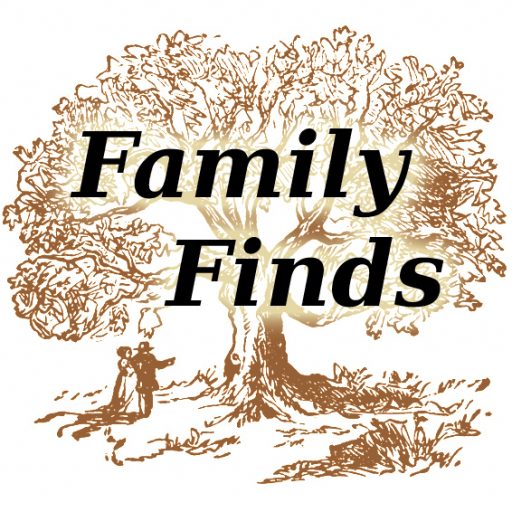
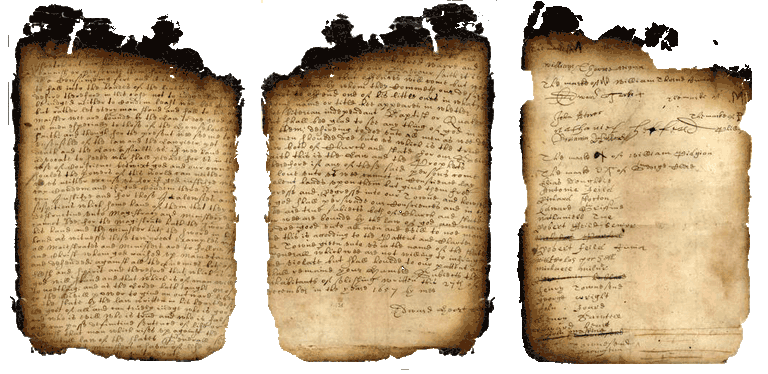
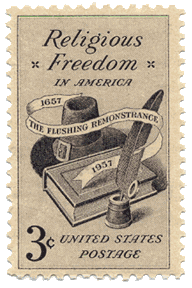
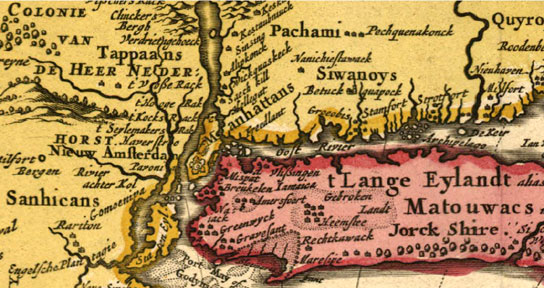
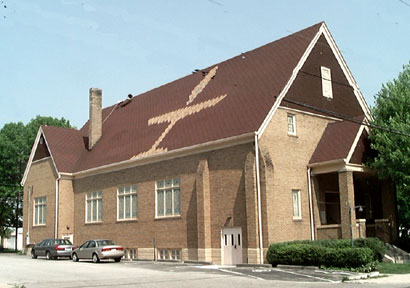
You have a way of blending your beautiful ancestors’ connections with your life. Thank for sharing your findings with us. Oh, what memories and a legacy that you are leaving.
Susan, thank you for your kind words.
I love the historical context you give to your ancestors lives, Barb. Fun Fact: Flushing is the anglicized version of Vlissingen, the Dutch city. I know that because my hometown is Flushing, Michigan.